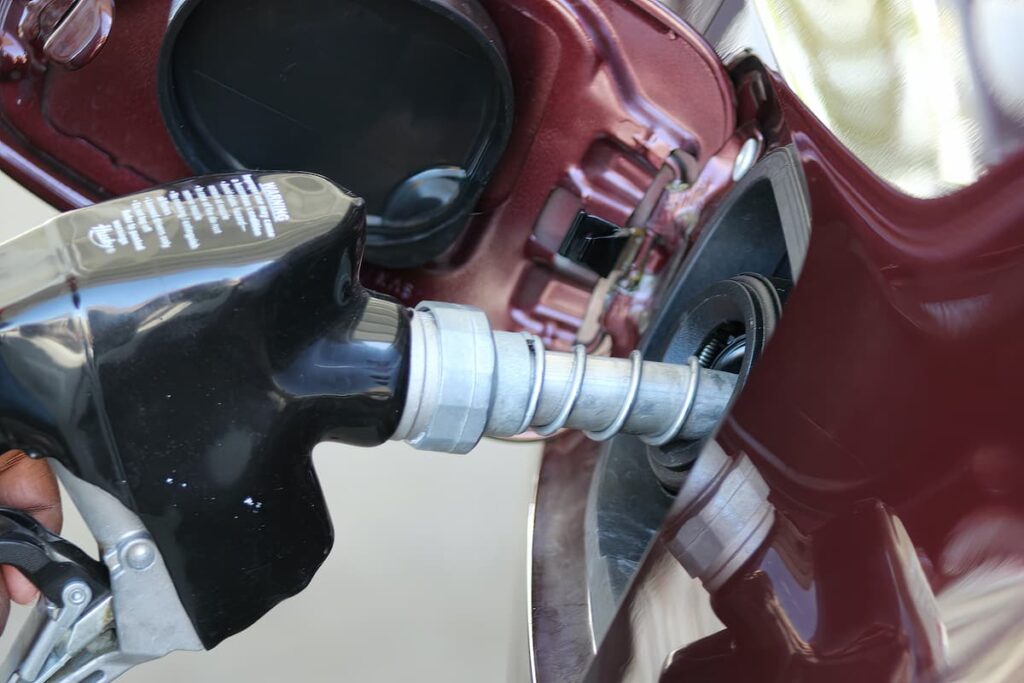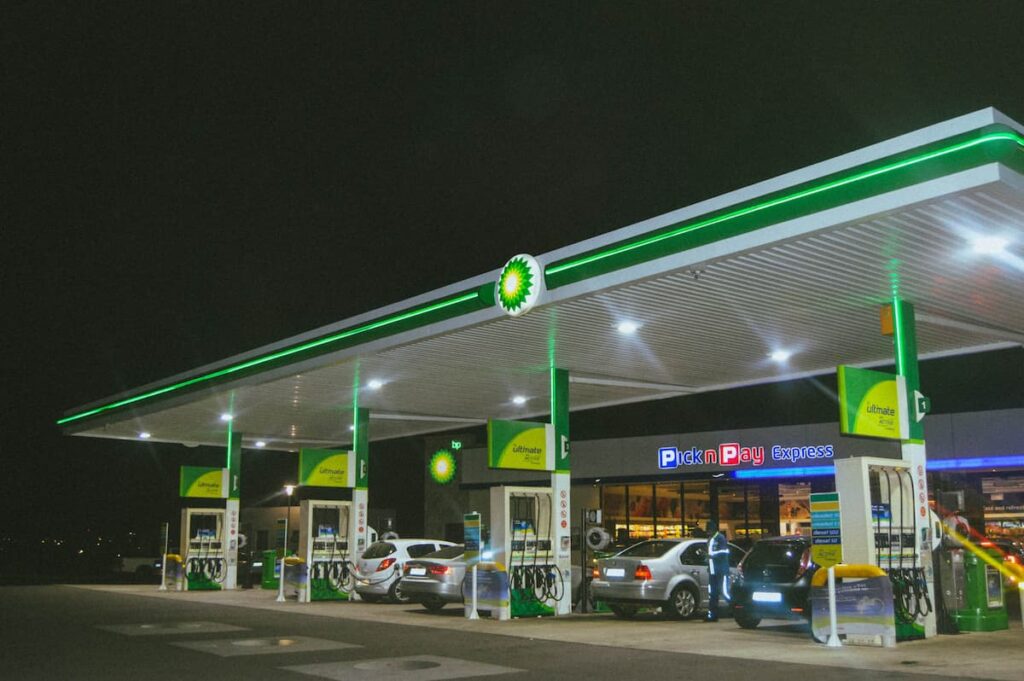When it comes to buying a car, one of the first decisions you'll face is choosing between fuel types. Should you go with diesel or gasoline? These days, the question has evolved even further: should you stick with a traditional fuel-powered vehicle or go electric?
With more and more 100% electric models hitting the market, the future seems to be leaning toward sustainability. However, the reality is that electric cars are still relatively expensive and not always accessible for everyone’s budget.
Despite this shift, traditional fuel vehicles—gasoline and diesel—still dominate the roads. They will continue to be popular for years to come. But this doesn’t make the decision any easier. Whether you're looking for a new car or considering a replacement, understanding the differences between these options is essential.
This article will guide you through the key factors to consider when choosing between diesel and gasoline cars, as well as their pros and cons. By the end, you’ll have a clearer idea of what suits your lifestyle best.

Diesel vs. Gasoline: A Full Comparison
Diesel and gasoline engines both work by burning fuel to power the vehicle, but they function in different ways. While the basic mechanics are similar, there are several key differences that can influence your choice.
For example, gasoline engines are generally more fuel-efficient for short trips, while diesel engines excel in long-distance driving. The price of the car itself is another factor—gasoline cars tend to be cheaper upfront, but diesel vehicles may offer better value over time due to lower fuel costs.
Ultimately, the right choice depends on how you use your car. If you drive a lot, especially on highways, diesel might be the better option. For city driving or shorter commutes, gasoline could be more suitable.
Below, we break down the six main differences between diesel and gasoline cars to help you make an informed decision.
Read also: 10 Myths about cars: Part 1
1. Power
The way power is measured differs between the two engine types. Diesel engines rely on torque, which gives them strong pulling power, especially at low speeds. Gasoline engines, on the other hand, are measured in horsepower, which contributes to faster acceleration and higher top speeds.
Diesel cars are ideal for long journeys and heavy loads, while gasoline engines are better suited for quick bursts of speed and performance-oriented driving.
2. Pollution
Environmental concerns are becoming increasingly important for many drivers. In terms of emissions, gasoline vehicles are generally cleaner than diesel ones. This is because gasoline contains less sulfur, resulting in lower levels of harmful pollutants.
However, modern diesel engines have improved significantly in recent years, making them more environmentally friendly than older models.
3. Durability
Diesel engines are known for their robust construction and longer lifespan. Many diesel vehicles can last over 500,000 kilometers with proper maintenance, while gasoline engines typically last around 150,000 to 200,000 kilometers.
That said, gasoline cars often require less frequent maintenance and are generally easier to service.
4. Noise
Diesel engines are often louder due to the compression ignition process, which creates more vibration and noise. Gasoline engines, which use spark plugs to ignite the fuel, tend to operate more quietly and smoothly.
If noise is a concern, a gasoline-powered vehicle might be a better fit for you.
5. Price
One of the most significant differences between the two is the initial cost. Gasoline cars are usually less expensive to buy, but diesel cars may offer better long-term savings due to their fuel efficiency.
On average, a diesel car can cost around €5,000 more than its gasoline counterpart. However, this difference can vary depending on the brand and model.

6. Efficiency
Diesel engines are more fuel-efficient, especially for long distances. They can save up to 15–20% in fuel compared to gasoline engines. However, gasoline prices have historically been lower than diesel, which can offset some of the efficiency gains in certain regions.
For city driving, where speeds are lower and traffic is frequent, the efficiency gap between the two types narrows significantly.
Diesel or Gasoline: Which One Should You Choose?
Choosing between diesel and gasoline is a personal decision that depends on your lifestyle, driving habits, and budget. There’s no one-size-fits-all answer, but understanding the advantages and disadvantages of each can help you make the best choice.
Petrol Pros
- Longer engine life
- Lower fuel consumption for short trips
- Faster acceleration
- Higher torque at low RPMs
Petrol Cons
- Higher purchase price
- Potential for rising fuel costs
- Noisier operation
- Higher emissions
Read also: Turbo: What Is and How to Protect It
Gasoline Pros
- Lower initial cost
- Cleaner emissions
- Smoother and quieter operation
- Cheaper maintenance
Gasoline Cons
- Higher fuel costs
- Shorter engine lifespan
- Higher fuel consumption
- More rapid depreciation
While diesel vehicles were once the top choice, gasoline cars have gained popularity in recent years. However, the rise of electric and hybrid vehicles is changing the landscape entirely.
As technology continues to evolve, the decision between diesel and gasoline may become even more complex. But ultimately, the best choice is the one that aligns with your needs, driving style, and financial situation.
Final Decision: Diesel or Gasoline?
It really depends on your individual situation. If you drive a lot, especially on highways, diesel might be the better choice. If you do mostly city driving or have a tighter budget, gasoline could be more practical.
Three-wheeled electric vehicle
Three-Wheeled Electric Vehicle,Highly Equipped Pure Electric Tricycle,High-Flower Tire Tricycle,Beautiful Looking Electric Tricycle
pingxianglocomotive , https://www.pingxenergy.com
